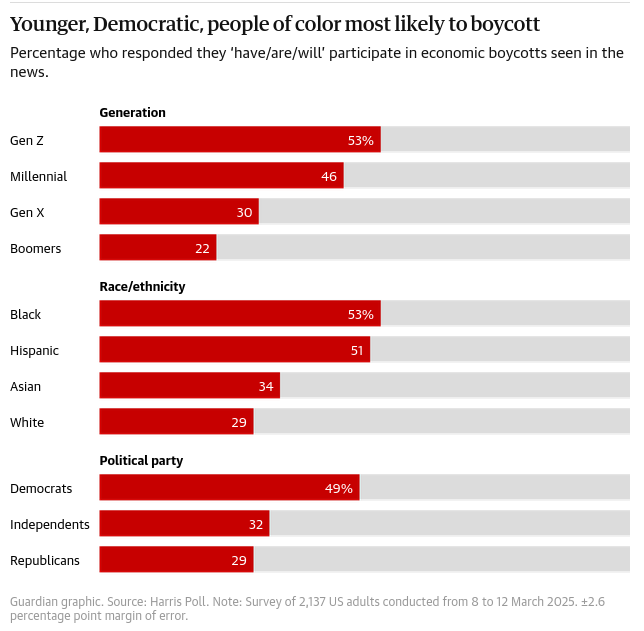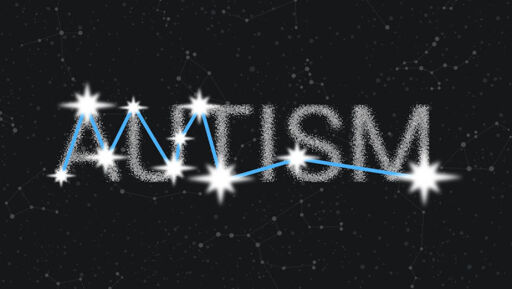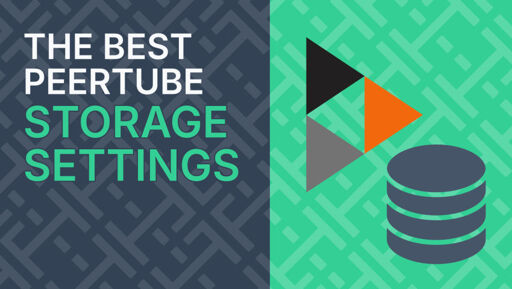

So, this has actually been one of those things often claimed, you may have heard of it or maybe even thought it yourself (I certainly had the thought as an edgy teen). Stuff like “For all the horrors, they probably did make some progress with experiments in concentration camps” or similar things.
Now, beside the point of it being unacceptable to do so ethically - the stuff done there was also quite useless. I currently can’t do the work of searching for and gathering all the sources again, but to my memory: the cruelty and dismissal of humanity made the “results” of those “studies” mostly useless garbage, saying nothing at all worthwhile for science, and being clearly tainted ideologically.
Because, while you may think that in some “ideal” world, you could have neutral research on unwilling humans, the reality has always been, that the conditions needed to get humans to do such experiments on other humans, necessitate the kind of ideological distortions, that mostly make the results useless in the end. There’s simply not enough psychopaths that are also willing to do proper, frustrating, hard-work-necessitating, non-self-aggrandising research - and to get non-psychopaths to do it, you need an ideology that ultimately removes their neutrality and the neutrality of the research.
The only things I remember being deemed “useful” and “properly” done from a scientific perspective in the recovered “studies” were things like “lethality of grenades by proximity to the explosion” - something that is questionable to begin with in value and that can also be determined with sensors of different kinds - as well as “effects of massive hypothermia and frostbites” - which as far as I remember basically just confirmed what has been estimated from case studies in a broader way, as well as animal studies (the latter, admittedly, have their own legitimate controversy).





















I did, and from what I heard, it is a big myth that the results were actually as useful as the first assessment on discovery of them had been. Later studies have, as far as I know, been much more sobering as to the “usefulness” of the data acquired there.
The website you link also immediately shows the problem (even in presentation, presenting them quite sensationalist, immediately highlighting, that there is no possibility of neutrality in assessing the results): The “cruelty for cruelty’s sake” in the conditions of the experiments cannot easily be removed from the results. Making the data in the end only useful for very specific circumstances, and hard to untangle. Lets take venereal diseases for example - it ultimately shows how they spread and interact in conditions of forced mass rape under conditions of extreme squalor, as documented by people not engaged in proper double-blind environments. The usefulness of that is not as high as the myth surrounding Unit 731 or Mengele’s experiments might suggest - and as your linked website also shows, there is a material interest in selling that myth of “forbidden, evil experiments resulting in knowledge”.